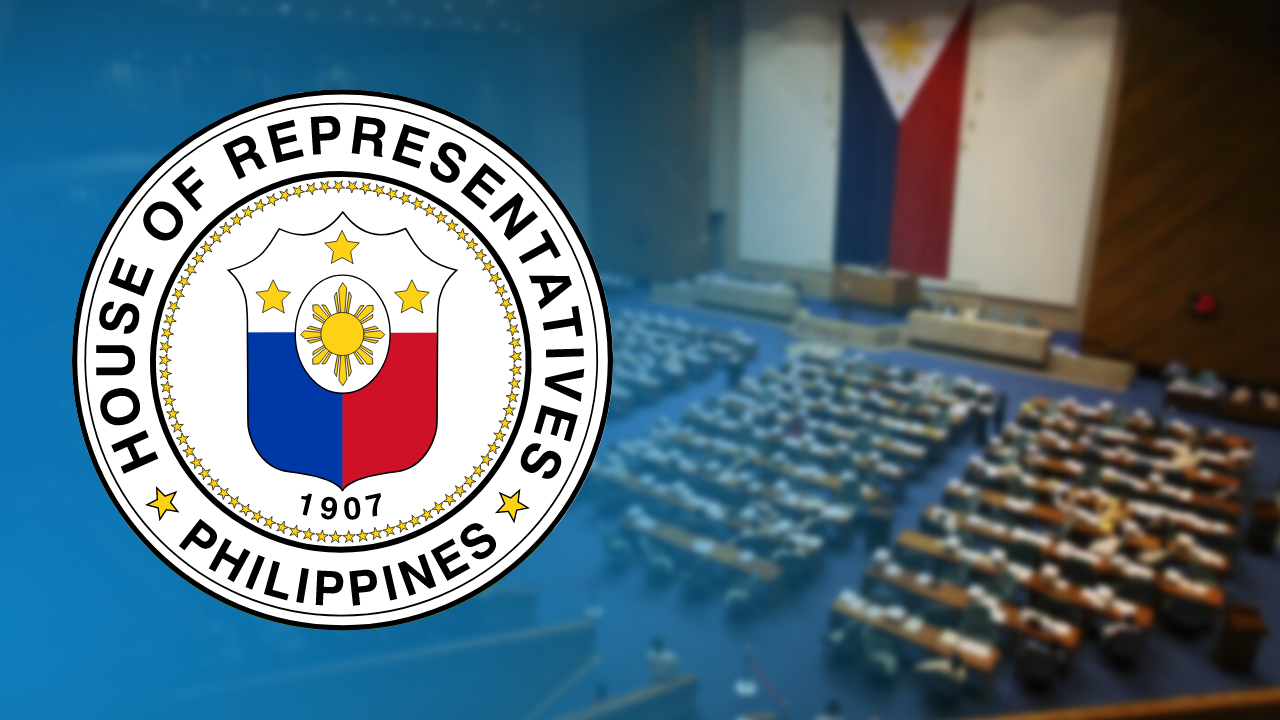Lawmakers find new opportunity for Cha-cha push

INQUIRER FILES
MANILA, Philippines — Despite public disapproval of amending the 1987 Constitution, members of the House of Representatives again found an unlikely opportunity to lobby for Charter change (Cha-cha), after President Ferdinand Marcos Jr. was named among TIME Magazine’s 100 Most Influential People in the World.
On Friday, Speaker Martin Romualdez, the President’s cousin, congratulated Marcos for the accolade in recognition of his “steadying” economic and foreign policy, particularly on the West Philippine Sea.
ADVERTISEMENT
READ: Bongbong Marcos is in Time’s 100 Most Influential People for 2024
Quezon Rep. David Suarez, one of the House’s 32 deputy speakers, said this recognition acknowledged Marcos’ “firm and principled approach in asserting the country’s sovereign rights.”
The TIME Magazine citation came as the House said it would investigate a supposed “status quo” agreement between Chinese President Xi Jinping and former President Rodrigo Duterte, an informal pact confirmed by the Chinese Embassy in Manila.
The magazine, however, also recognized that the incumbent President’s rise to power was made possible by his family’s “whitewashing” of the unpopular regime of his deceased father and namesake, former President Ferdinand E. Marcos.
The older Marcos remains the only president to be reelected in 1969 to a second term in office, but his popularity quickly diminished, particularly after he called a convention to amend the 1935 Constitution.
The subsequent convention was marred by bribery and intimidation and lasted until 1973, when the new Constitution allowed the older Marcos to remain in office. Marcos had already declared martial law in 1972.
After Marcos’ ouster in 1986, then President Corazon Aquino junked the 1973 Constitution and convened a commission to write a new one, resulting in the prevailing 1987 Constitution, which imposed limits on the terms of elected officials.
ADVERTISEMENT
Insistent House
Incumbent representatives, however, have been insistent on amending the Constitution, a move believed to be connected to the removal of term limits in the guise of removing economic restrictions.
Pampanga Rep. Aurelio Gonzales, another senior deputy speaker, urged Filipinos not to “waste this groundswell of goodwill” from the younger Marcos’ accolade and to support his administration’s push for Charter change.
The President himself had earlier said that amending the Constitution was not among his priorities.
Gonzales made the appeal despite a Pulse Asia survey from March 6 to March 10 that showed 88 percent of Filipinos oppose amending the Constitution at this time and 74 percent opposing amendments at any other time.
“Let us support [the President’s] advocacy to remove restrictions in the Constitution on the entry of foreign investments, which he believes will accelerate our economic development, a belief we, his allies in Congress, share,” Gonzales said.
No representative, however, has presented proof beyond speculation that removing constitutional restrictions would result in accelerated development, particularly since the country’s corporate tax remains the highest in Asia.
Your subscription could not be saved. Please try again.
Your subscription has been successful.
Moreover, there has been no substantial legislative changes to the country’s investment incentives and immigration laws, unlike other Southeast Asian countries.
EDITORS’ PICK
MOST READ
View comments
